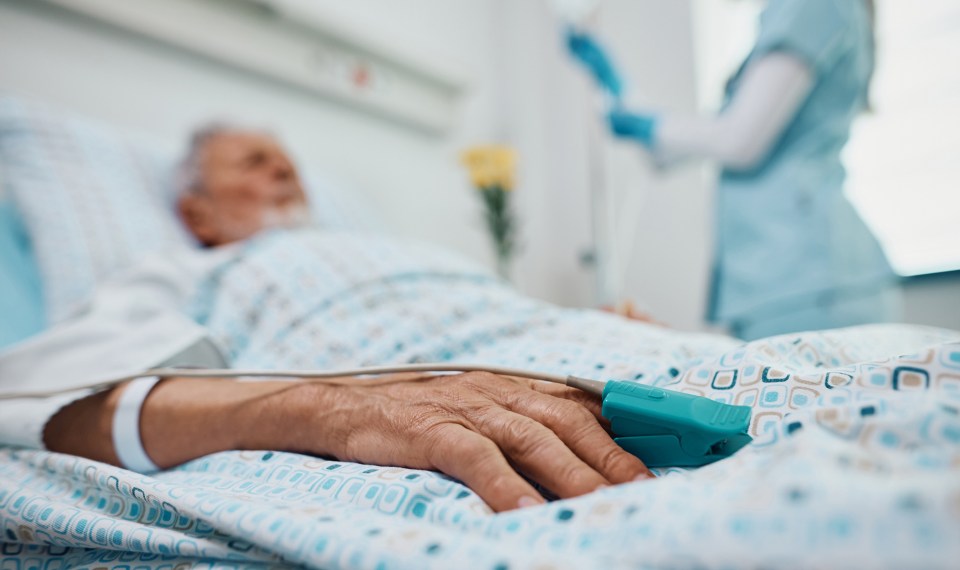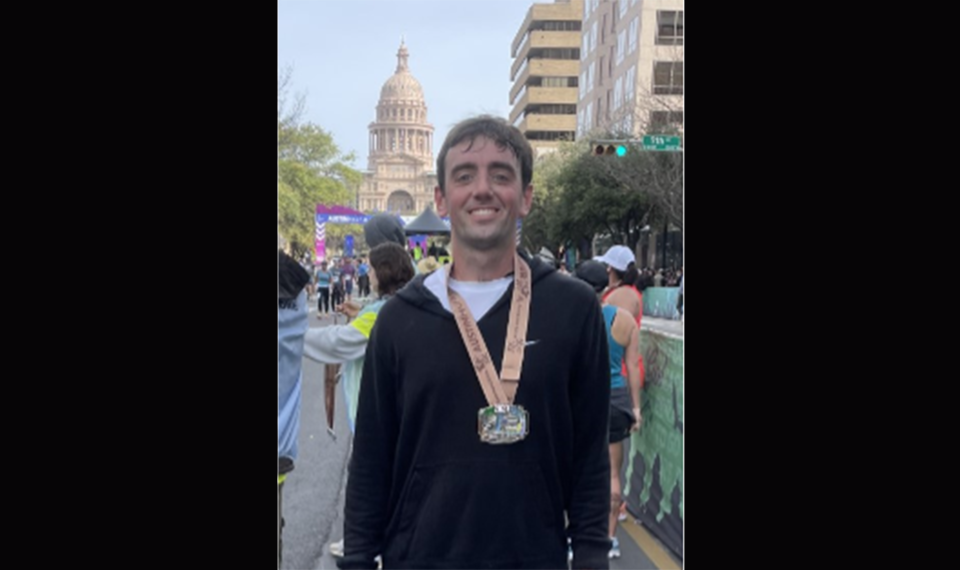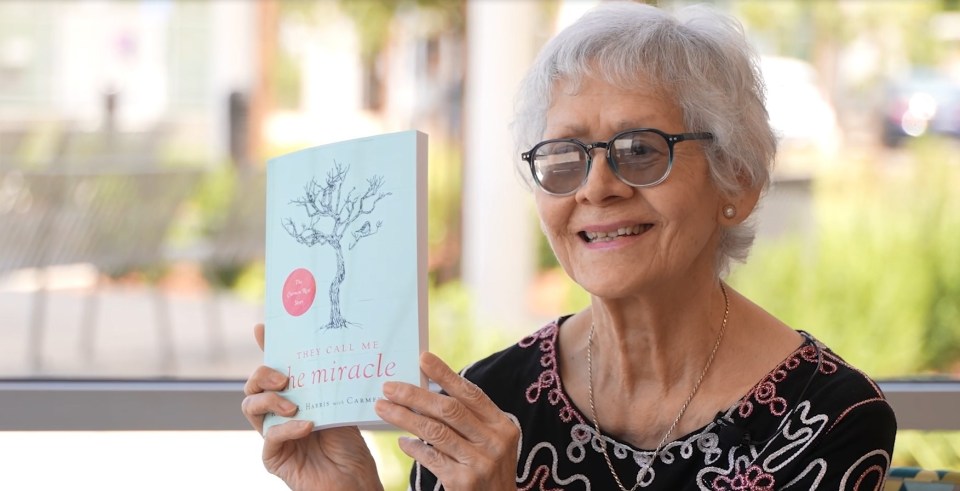A non-traumatic brain injury is an injury to the brain that wasn’t caused by a sudden traumatic event. Often referred to as an acquired brain injury, NTBIs can be caused by a lack of oxygen to the brain, brain bleeds and metabolic disruption, to name a few.
“Traumatic means any trauma to the brain, like a motorcycle accident, car injury or hitting your head on the ground,” said Dr. Patrick Donovan, medical director of Encompass Health Rehabilitation Hospital of City View in Fort Worth, Texas. “Non-traumatic can be anything that is not traumatic that affects the brain.”
Non-traumatic brain injury is a common condition treated at Encompass Health City View, but Donovan said the need for inpatient rehabilitation can also be overlooked in this patient population, especially when it comes to critically ill patients who have required treatment in the ICU. These patients typically have symptoms in three areas—physical, cognitive and behavioral—all of which inpatient rehabilitation could address.
Understanding Non-Traumatic Brain Injuries
Non-traumatic brain injuries come in many different forms; the common denominator being that all NTBIs are caused by internal factors that affect the brain. These could include:
- Stroke
- Substance abuse
- Lack of oxygen to the brain
- Brain tumors
- Viruses or infections
- Encephalopathies
- Brain Aneurysms
Critical Illness Encephalopathy and NTBI
Many patients who are hospitalized for an extended period could experience a condition known as critical illness encephalopathy. Encephalopathy refers to a group of conditions that affect brain function, classifying it as an NTBI. An estimated 70 to 100% of patients who are in the ICU for a week will develop critical illness encephalopathy.
Types of encephalopathy include:
- Anoxic. This occurs when cardiac arrest causes a lack of oxygen to the brain
- Metabolic. Relates to underlying issues and condition of the metabolism
- Toxic. This is caused by medication and substance and alcohol abuse
- Uremic. Relates to disrupted kidney function and urinary tract infections
Patients with critical illness encephalopathy and other NTBIs could experience difficulties with attention and concentration, memory loss and executive functions. They could have significant challenges performing activities of daily living, also known as ADLs, for six to eight months after leaving the ICU. Weakness is also experienced in about half of these patients, leading to critical illness myopathy and neuropathy. This could be considered a worsening, or advancing, of the patients NTBI condition into further neurological impairment.
Myopathy is a neuromuscular condition that causes muscle weakness and dysfunction. Neuropathy causes nerve damage and pain, typically in the feet and hands.
Those most at risk for critical illness encephalopathy, myopathy and neuropathy include:
- Patients who have been in the ICU for more than a week
- Patients who have been intubated or have sepsis
- Those who have been on antibiotics, neuromuscular blocking agents or steroids for an extended period of time
Benefits of Inpatient Rehabilitation
People experiencing critical illness encephalopathy or other non-traumatic brain injuries could benefit from the intensive therapy and medical care provided in the inpatient rehabilitation setting. If your patient has a type of encephalopathy, or other NTBI, Donovan said before sending them home, consider if they could benefit from this level of care.
“Many of these patients are very weak and confused, and if you send them home, they might not be able to function,” he said. “Even if they have someone at home or home health, they don’t have someone who could treat them daily like they would be in an inpatient rehabilitation hospital.”
Recognizing a patient’s need for more, and affording them care at an inpatient rehabilitation hospital, can be the right intervention to prevent ongoing and chronic debility beyond their acute illness, Donovan added.
In the inpatient rehabilitation setting, patients receive a minimum of three hours of therapy a day in at least two of the three disciplines: physical, occupational and speech therapy. They will have 24/7 nursing care and physician visits several times a week. Their interdisciplinary care team also includes: pharmacy, respiratory care, case management, dietary and multiple specialties of physician practice.
Care offered in inpatient rehabilitation hospitals such as Encompass Health, can help treat the wide variety of symptoms many patients experience after an NBTI. Those symptoms include:
- Physical: Paralysis, spasticity, speech disturbance, seizures, double vision
- Cognitive: Attention and concentration, initiation and goal direction, judgment and perception, speed of information processing
- Behavioral: Exacerbate pre-existing traits, social inappropriateness, impulsivity and distractibility
The different therapies work together in the inpatient rehab setting to address these symptoms.
“Basically, the PT, OT and speech therapists would be working together on cognitive dysfunction,” Donovan said. “Patients definitely could get better quicker if they have all three therapy modalities.”
Therapy will be adjusted to meet the patient where they are in their recovery and will be spread out throughout the day, giving them time to rest and recover. With a skilled medical staff and case management, their care team can also help them manage any chronic conditions and connect them with resources within their community to set them up for success after they leave the rehabilitation hospital.
The content of this site is for informational purposes only and should not be taken as professional medical advice. Always seek the advice of your physician or other qualified healthcare provider with any questions you may have regarding any medical conditions or treatments.



